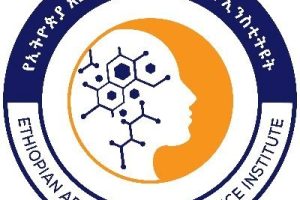
ADDIS ABABA – The Addis Ababa Education Bureau has launched a strategy integrating urban agriculture into school curricula, aiming to enhance educational quality and foster a sustainable learning environment.
During a recent event, the Addis Ababa Education Bureau Head Zelalem Mulat (PhD) announced the initiative, emphasizing the bureau’s commitment to improving learning facilities while promoting urban agriculture across the city’s educational institutions. He highlighted the importance of strengthening the food system and improving the quality and accessibility of education. Zelalem stated that incorporating urban agriculture into the curriculum promotes environmental stewardship and contributes to sustainable food security.
“Urban agriculture plays a crucial role in mitigating climate change and enhancing food security,” Zelalem explained. “It also beautifies school campuses, creating clean and appealing environments conducive to student development.” He further noted that urban agriculture can alleviate financial burdens on families, thereby boosting the national economy.
Providing students with practical agricultural experience enhances their learning, facilitates conceptual understanding, and fosters creativity, Zelalem added. This program equips students with valuable skills for the future, enabling them to become more engaged and active citizens.
The Addis Ababa City Agriculture Commission Commissioner Bayu Shigute echoed the Education Bureau’s efforts, emphasizing the importance of integrating comprehensive agricultural practices into school curricula. The commission is actively providing technological resources to address challenges within the sector.
He mentioned that the city government is facilitating experience-sharing among stakeholders to enhance the perception and practice of urban agriculture.
Currently, over 3,000 organizations in Addis Ababa, including educational institutions, are engaged in urban agriculture. Notably, 152 schools across all sub-cities are participating in these projects, with 35 schools receiving certificates of excellence for their outstanding performance, demonstrating the program’s positive impact on the educational environment.
BY FIKADU BELAY
THE ETHIOPIAN HERALD WEDNESDAY 26 MARCH 2025





